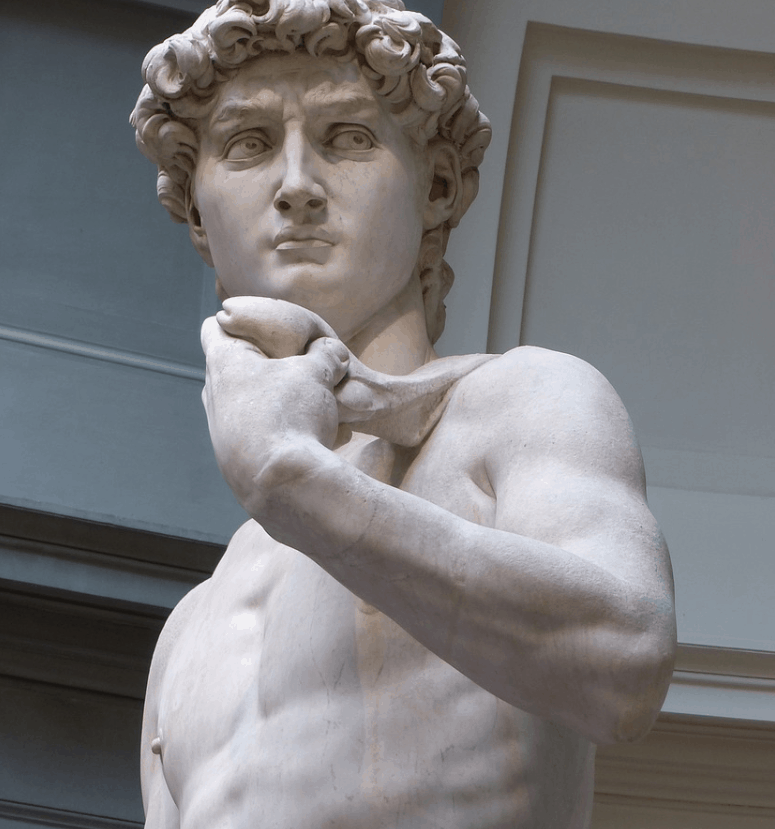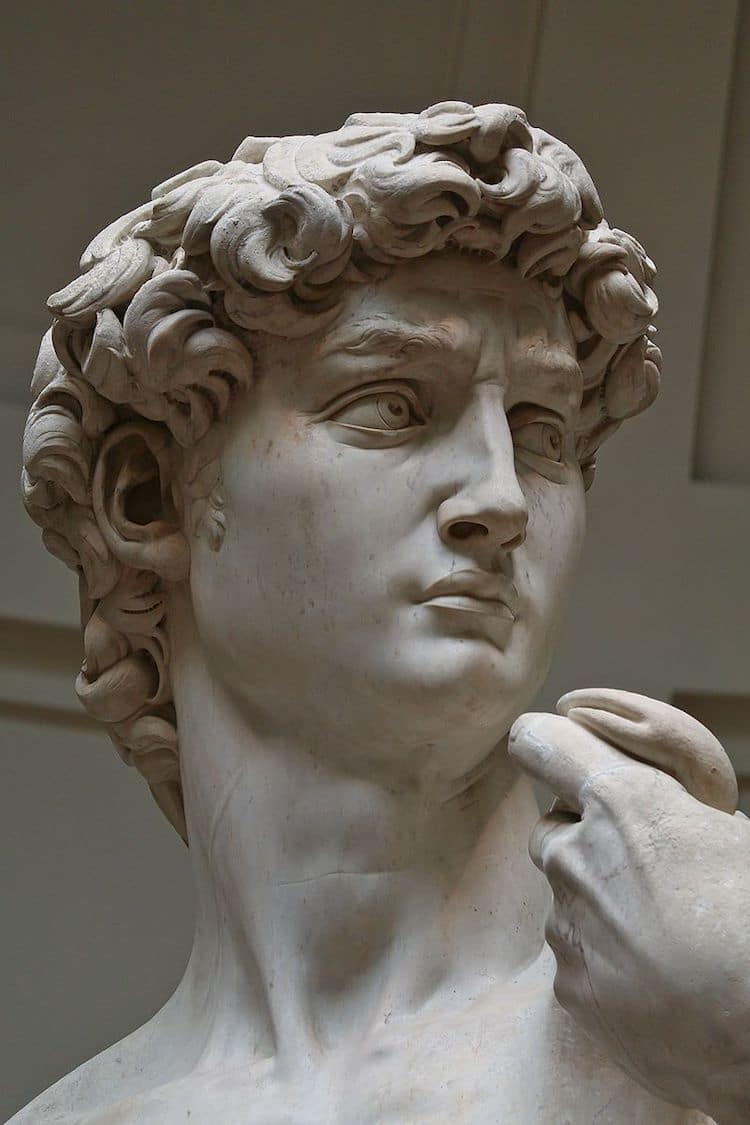Exploring The Enduring Impact Of David Glass
Have you ever wondered about the quiet forces behind some of America's biggest success stories? So, often, the people who truly shape industries work diligently, perhaps a bit out of the immediate spotlight, yet their influence stretches far and wide. David Glass, for instance, was one of those figures, a leader whose decisions touched millions of lives, whether through the way we shop or the joy of a championship win.
He was a person who, it's almost, shaped two very different, but equally significant, American institutions: the retail giant Walmart and the beloved Kansas City Royals baseball team. His journey from a humble start to guiding these massive entities shows a remarkable blend of business smarts and a quiet, steady dedication.
This article aims to look at the life and work of David Glass, considering his lasting contributions and the principles that guided him. We will, you know, explore how his vision helped transform Walmart into the global powerhouse it is today, and how his ownership brought a long-awaited triumph to a baseball team and its loyal fans. His story, in a way, is a testament to what focused leadership can achieve.
Table of Contents
- A Biographical Glimpse: Who Was David Glass?
- Early Life and Beginnings
- The Walmart Years: A Retail Revolution
- The Kansas City Royals Era: A Team's Journey
- Leadership Style and Philosophy
- The Enduring Impact of David Glass
- Frequently Asked Questions About David Glass
A Biographical Glimpse: Who Was David Glass?
David Glass was a very private man, but his public actions spoke volumes about his character and capabilities. He was, in fact, a person whose influence stretched across different parts of American life, from everyday shopping to the excitement of professional sports. His story is one of significant achievement through consistent effort.
Personal Details and Biographical Data
| Full Name | David Dayne Glass |
| Born | September 2, 1935 |
| Birthplace | Mountain View, Missouri, USA |
| Died | January 9, 2020 (aged 84) |
| Place of Death | Bentonville, Arkansas, USA |
| Spouse | Theresa Glass |
| Children | 3 |
| Education | Missouri State University (formerly Southwest Missouri State University) |
| Notable Roles | Former CEO of Walmart, Former Owner of Kansas City Royals |
Early Life and Beginnings
David Glass began his life in Mountain View, Missouri, a relatively small town that, in some respects, shaped his down-to-earth approach. He grew up understanding the value of hard work and community, lessons that would, apparently, serve him well later on. His early experiences gave him a solid foundation.
He attended Southwest Missouri State University, which is now known as Missouri State University, where he earned a degree in business. This academic background, you know, provided him with the formal knowledge he'd need, but it was his practical sense and ability to connect with people that truly set him apart. His initial career steps were in various retail and consumer product companies, gaining valuable experience before joining the company that would define much of his professional life.
The Walmart Years: A Retail Revolution
When David Glass joined Walmart, it was already a growing force, yet it was still, you know, some way from becoming the global giant it is today. His arrival marked the beginning of a period of incredible transformation, where his strategic thinking helped propel the company to new heights. He truly played a pivotal part in its expansion.
Rising Through the Ranks
David Glass first came to Walmart in 1976, taking on the role of executive vice president of finance. He quickly moved up, showing a keen understanding of the company's operations and its potential. His ability to grasp complex financial details while also seeing the bigger picture was, frankly, quite impressive. He became vice chairman and chief financial officer, and then president and chief operating officer.
His early contributions involved tightening financial controls and improving efficiency, which, in a way, laid crucial groundwork for future growth. He worked closely with founder Sam Walton, learning directly from the retail visionary. This mentorship, naturally, had a profound impact on Glass's leadership style and his understanding of the customer.
Leading the Giant: CEO Era
In 1988, David Glass took over as CEO of Walmart, following Sam Walton's decision to step down from that role. This was a significant moment, as he was tasked with leading a company that was already huge but needed, you know, to continue adapting to a changing world. He held this top position until 2000, overseeing a period of unprecedented expansion.
Under his leadership, Walmart's sales grew from around $16 billion to over $165 billion. This was, in a way, an astonishing rate of growth, solidifying Walmart's position as the world's largest retailer. He guided the company through a time of intense competition and technological shifts, always keeping the customer at the heart of the business.
Innovations and Growth
David Glass is often credited with modernizing Walmart's logistics and supply chain systems. He understood that getting products to shelves efficiently and cost-effectively was, basically, key to offering low prices. He championed the use of technology to track inventory and manage distribution, which was, quite frankly, groundbreaking for its time.
He also oversaw the expansion of Walmart's Supercenter format, combining general merchandise with a full-service grocery store. This concept, you know, proved incredibly popular with shoppers and became a cornerstone of the company's growth strategy. His focus on operational excellence and customer value truly defined his tenure.
The Kansas City Royals Era: A Team's Journey
After his impactful career at Walmart, David Glass turned his attention to another passion: baseball. He became the owner of the Kansas City Royals in 2000, taking on a challenge that was, in some respects, very different from retail but still required significant dedication. This was, you know, a new chapter for him.
Acquiring the Team
David Glass purchased the Kansas City Royals for approximately $96 million, a move that, apparently, came after a period of uncertainty for the team's ownership. He stepped in with a clear commitment to keeping the team in Kansas City and investing in its future. His deep roots in Missouri, you know, likely played a part in this decision.
His ownership began with a promise to stabilize the team and work towards building a competitive franchise. It was, in a way, a long-term commitment, knowing that turning around a sports team often takes patience and sustained effort. He brought his business acumen to the world of professional baseball.
Challenges and Perseverance
The early years of David Glass's ownership of the Royals were, frankly, quite difficult on the field. The team struggled for many seasons, enduring long losing streaks and failing to reach the playoffs. This period tested the patience of fans and, you know, certainly presented a significant challenge to his vision.
Despite the on-field struggles, Glass remained committed to building the team through its farm system, investing in scouting and player development. He believed in a patient approach, focusing on cultivating young talent rather than just spending big on free agents. This strategy, in a way, reflected his long-term view of success, a trait he likely honed at Walmart.
A Championship Legacy
The perseverance eventually paid off in a spectacular way. The Royals, built largely through the very system David Glass championed, began to show real promise in the early 2010s. They made it to the World Series in 2014, narrowly losing, but that, you know, only set the stage for what was to come.
In 2015, the Kansas City Royals achieved the ultimate goal, winning the World Series. This victory was, obviously, a culmination of years of effort and investment, bringing immense joy to a fan base that had waited decades for a championship. It was a proud moment for Glass, who had, basically, seen his long-term strategy come to fruition. He sold the team in 2019, leaving behind a franchise in a much better place than he found it.
Leadership Style and Philosophy
David Glass was known for a leadership style that was, you know, often described as humble yet incredibly effective. He wasn't one for grandstanding; instead, he focused on data, efficiency, and empowering his teams. His approach was, in a way, rooted in practicality and a deep understanding of operations.
He believed in clear communication and setting achievable goals. At Walmart, he instilled a culture of continuous improvement and cost consciousness, always with the customer in mind. He was, apparently, a strong proponent of using technology to gain a competitive edge, but he also understood that people were the most valuable asset. This balance of innovation and human connection was, you know, a key part of his success.
When it came to the Royals, his philosophy shifted slightly, focusing on the long game of player development and building a sustainable winning culture. He recognized that baseball, unlike retail, has different rhythms and requires a different kind of patience. Yet, the core principle of strategic investment for future returns remained consistent, showing his adaptability as a leader. He was, quite frankly, a master of understanding the unique demands of different ventures.
The Enduring Impact of David Glass
David Glass left a truly significant mark on both the retail world and professional sports. His time at Walmart transformed the company into a global powerhouse, setting new standards for supply chain management and customer value. The innovations he oversaw still, you know, influence how large retailers operate today. You can learn more about business leadership on our site.
With the Kansas City Royals, he brought a championship back to a city that had yearned for it, proving that a disciplined, long-term approach can yield incredible results even in the unpredictable world of sports. His legacy with the Royals is one of perseverance and a deep commitment to the community. His impact, in a way, continues to be felt by fans and players alike.
David Glass was a person who, through quiet determination and sharp business instincts, shaped major parts of American commerce and culture. His story reminds us that true influence often comes from consistent, thoughtful effort rather than flashy displays. We can, you know, certainly look at his career as an example of what focused dedication can achieve. For more stories of influential figures, you might want to link to this page .
Frequently Asked Questions About David Glass
Was David Glass related to Sam Walton?
No, David Glass was not related by blood or marriage to Sam Walton, the founder of Walmart. He was, you know, a trusted executive who rose through the ranks at Walmart and eventually became the company's CEO, succeeding Walton in that role. Their relationship was strictly professional, built on mutual respect and a shared vision for the company.
What was David Glass's biggest achievement with the Kansas City Royals?
David Glass's biggest achievement with the Kansas City Royals was, obviously, leading the team to win the World Series in 2015. This victory ended a 30-year championship drought for the franchise and was, in a way, the culmination of his long-term strategy of investing in player development and building a strong farm system. It was a very significant moment for the team and its fans.
How did David Glass change Walmart?
David Glass changed Walmart significantly by modernizing its operational systems, especially its supply chain and logistics. He also, you know, oversaw the massive expansion of the Supercenter format, which combined groceries with general merchandise. His focus on efficiency, technology, and customer value helped Walmart grow into the world's largest retailer during his tenure as CEO. You can read more about his impact on Walmart here: Walmart Corporate Newsroom.

Today in History, September 8, 1504: Michelangelo's David statue unveiled

22 Amazing Facts About The Statue Of David | Ultimate List

Why Michelangelo's Heroic David Is Art's Most Admired Sculpture